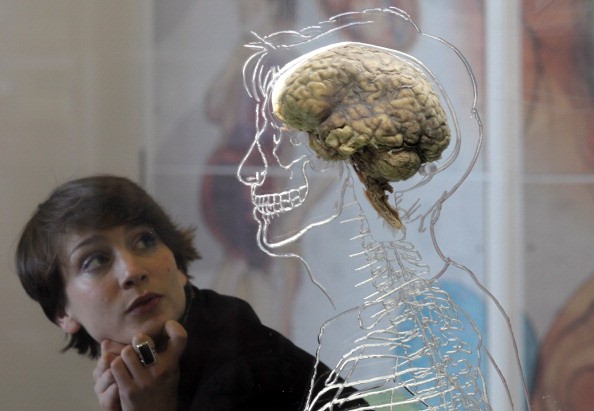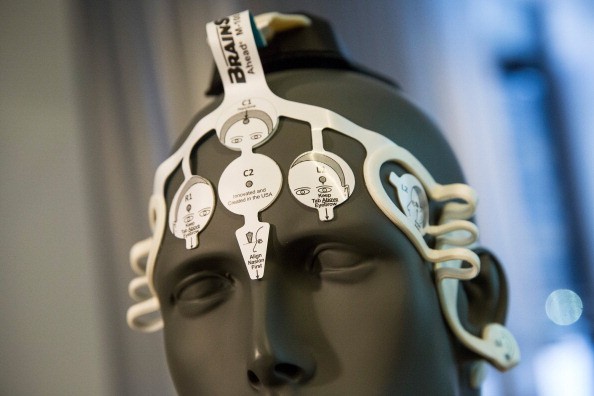Despite ending pre-pandemic, "Game of Thrones" is still one of the most popular HBO fantasy TV shows. It was able to attract a lot of fans, thanks to its unique setup about political strategy, dragons, and more. Because of the popularity of "GoT," some fans became more connected to the show's characters than expected.

A new study with the title "Becoming the King in the North: Identification With Fictional Characters" revealed that these people inhabit their favorite characters' roles more seriously. The study's researchers used brain scans to study why the show's fans identify themselves as the characters in "Game of Thrones."
To give you more idea about the new study, here are the things that the experts discovered.
'GoT' fans think they are the characters
Social Cognitive and Effective Neuroscience is the first one to publish the new research. It was explained that the researchers revealed that the fans have greater neural overlap in their vMPFC (ventral medial prefrontal cortex region) between themselves and the fictional characters.

Also Read : Russian Experts Drops Huge Space Telescope Into the Deepest Lake But Not to Check What's Under There
The experts involved in the study scanned the brains of the participants and asked them to think about themselves, nine friends, and nine characters.
"When they think about a favorite fictional character, it appears similar in one part of the brain as when they are thinking about themselves," said Timothy Broom, the study's lead author, via Brobible.
"People who are high in trait identification not only get absorbed into a story, they also are really absorbed into a particular character," added Broom.
How serious is it?
Broom also explained that the fans' connection with their characters is pretty serious since they can think what the fictional characters are thinking and the participants can also feel what they are feeling.
On the other hand, the study's co-author Dylan Wanger explained that some people see fiction as a chance to taken on new identities. If you want to know more details, you can click here.
For more news updates about "Game of Thrones" and other new related studies, always keep your tabs open here at TechTimes.
Related Article : Scientists Develop Way to Detect Deepfake Videos by Looking at Eye Light
This article is owned by TechTimes
Written by: Giuliano de Leon.




